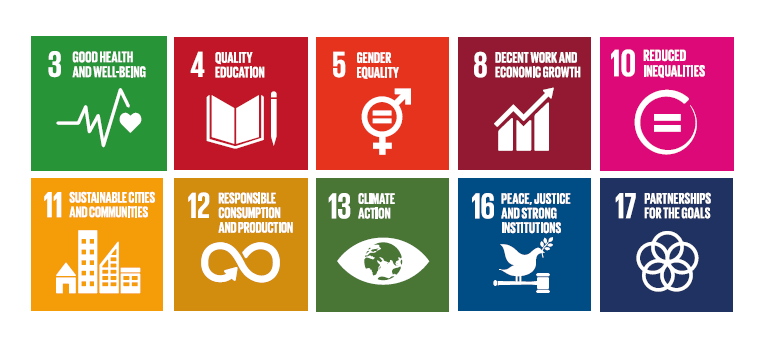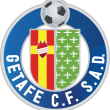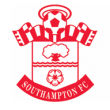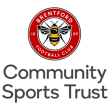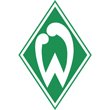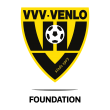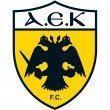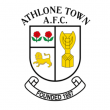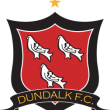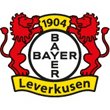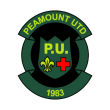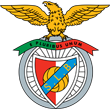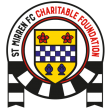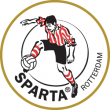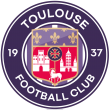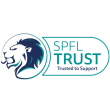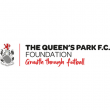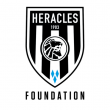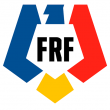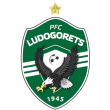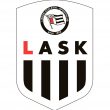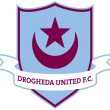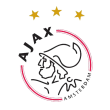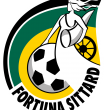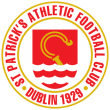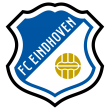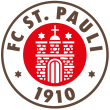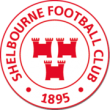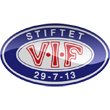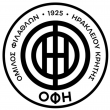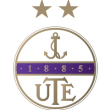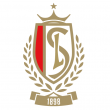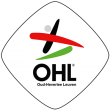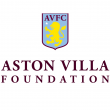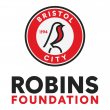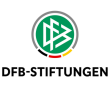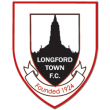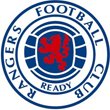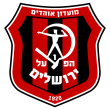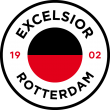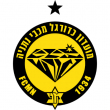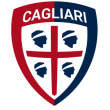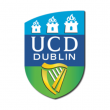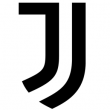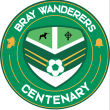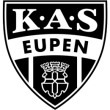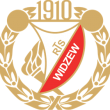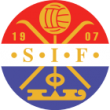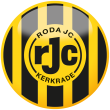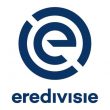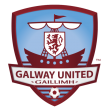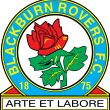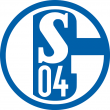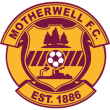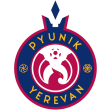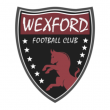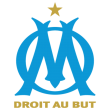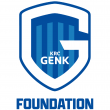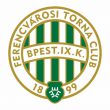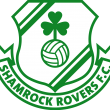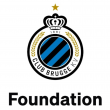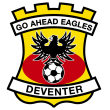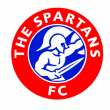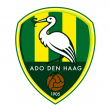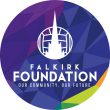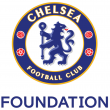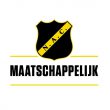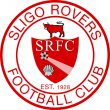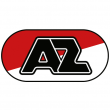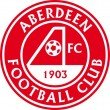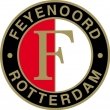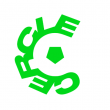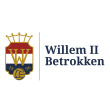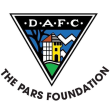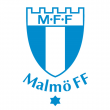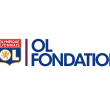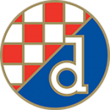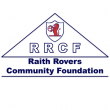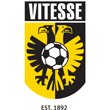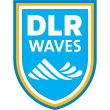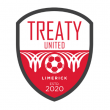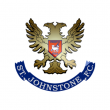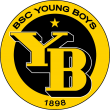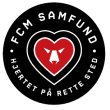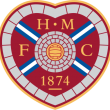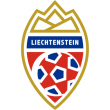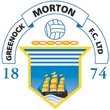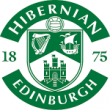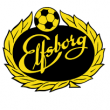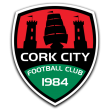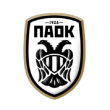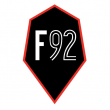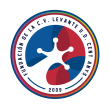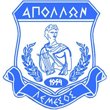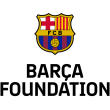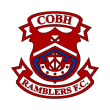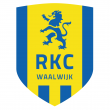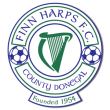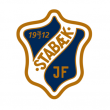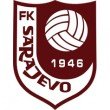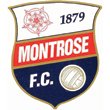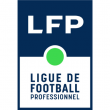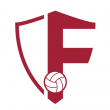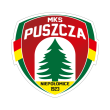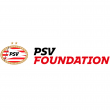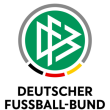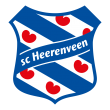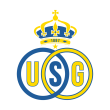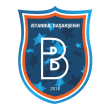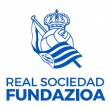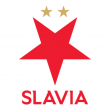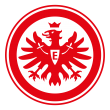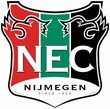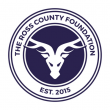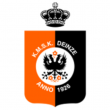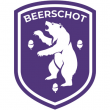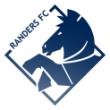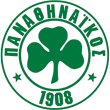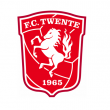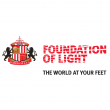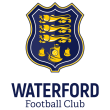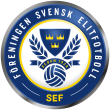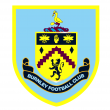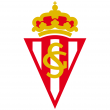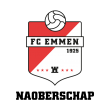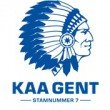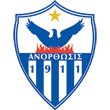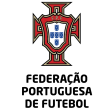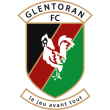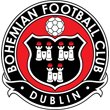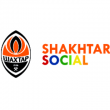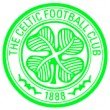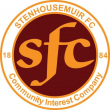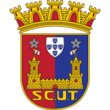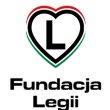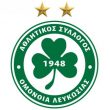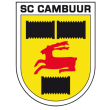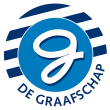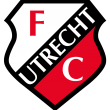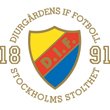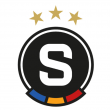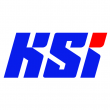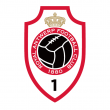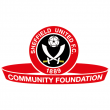Online learning platform
Read Our Resources
Our story, Vision and Mission
Starting out as a small collection of European clubs with shared ideas and values with regards to tackling social issues through football, an informal network was developed which eventually evolved into the formation of the EFDN. With the aim of creating a shared platform to enable clubs to more efficiently and effectively exchange information, methodologies, programmes and activities in the CSR area, the clubs and their foundations put aside their on-pitch rivalries to exchange knowledge and collaborate on programmes targeted at young people in their communities who were facing common issues and challenges. This initial collaboration ignited a passion which opened up other opportunities for young people to engage in learning experiences and bring them together using European exchange programmes.
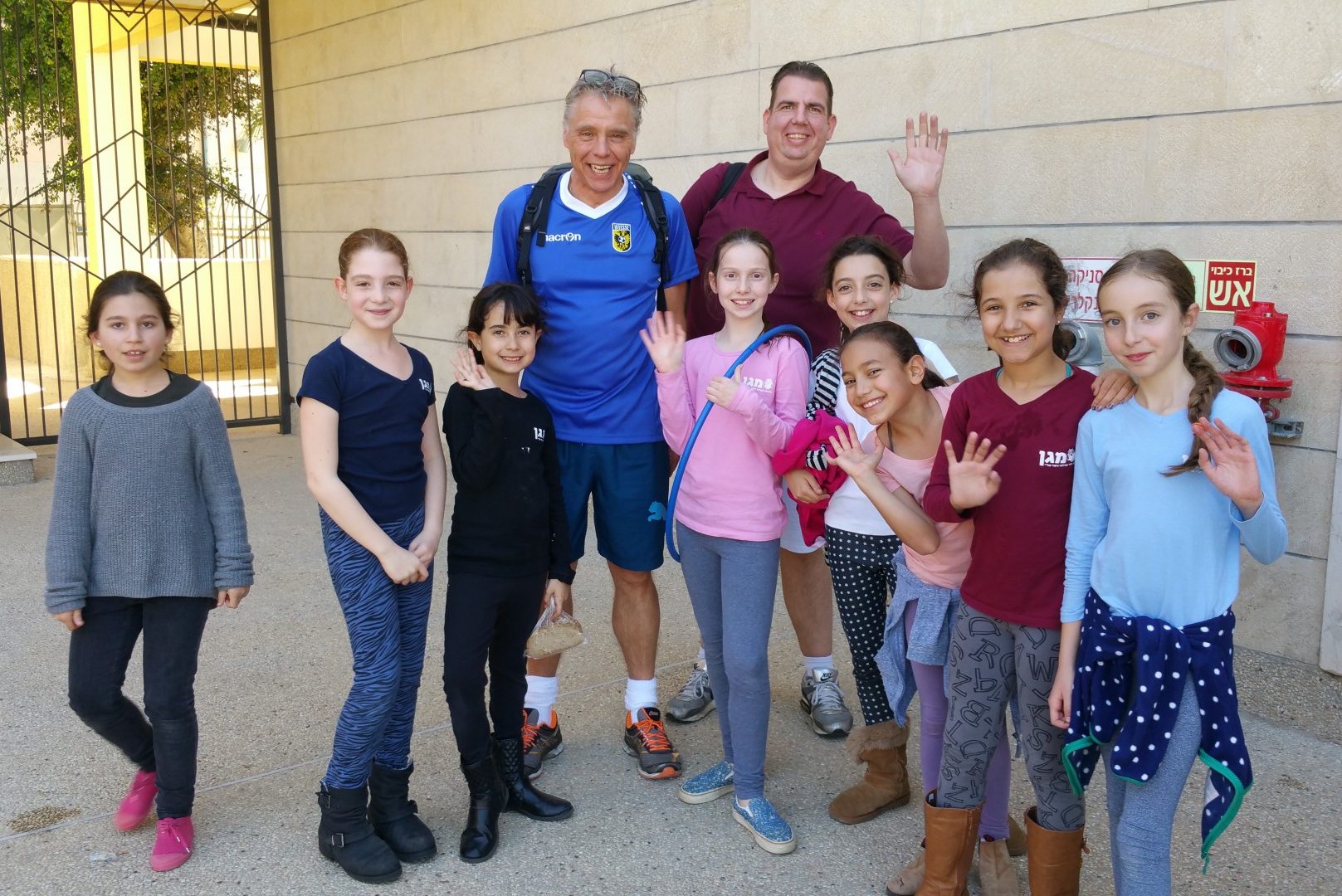
MEETINGS
In 2012 the first network meeting was held, with four clubs from three countries participating in a collaborative discussion about their shared visions. In the same year, the first EFDN conference was staged at Emirates Stadium, the home of the Arsenal Football Club.
During the second EFDN conference in Rotterdam, the following clubs came together to officially found EFDN and exchange knowledge and best practices: Feyenoord Rotterdam, Fulham FC, KAA Gent, Valerenga Fotball, Anorthosis Famagusta and Tottenham Hotspur. It was at this time, in 2014, that EFDN was formally established as an NGO under Dutch Law.
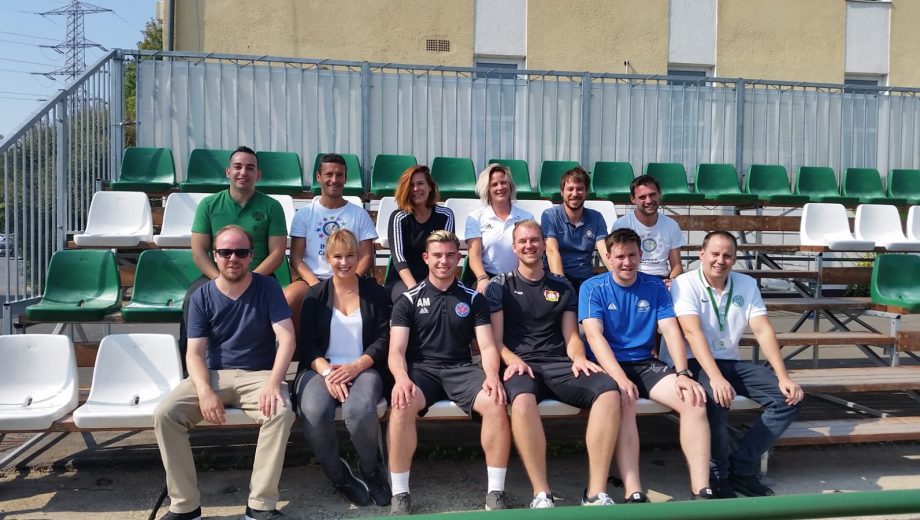
From this point on, word began to spread through advocacy and engagement within the European football family, where opportunities such as establishing partnerships with the European Union through accessing Erasmus Plus funding to deliver youth exchanges and Pan-European programmes for clubs and young people continued to present themselves.
PARTNERSHIPS
Since its formal establishment in 2014, the growth of EFDN has been exponential and has seen a marked increase in the delivery of programmes and conferences, both in terms of number and scale. The network has continued to gain credibility within the industry through the success of these programmes and with conference attendees comprising respected and high calibre figures from across the sport and business worlds. The Foundation provides comprehensive services to its members and non-members through the delivery of Bi-Annual Conferences around Europe, Youth & Staff Exchanges & Pan-European Programmes.
The network currently consists of more than 150 clubs, leagues and FAs from 31 European countries who directly benefit from EFDN’s strategic partnerships with the UEFA Foundation for Children, the ECA, Football Against Racism Europe (FARE), Centre for Access in Football Europe (CAFE), the European Union and numerous Football Associations and national governing bodies across Europe.
EFDN continues to look for new ways to serve its members so that they can further enable engagement in meaningful experiences and opportunities that inspire the implementation of innovative community programmes using football as a tool for social development.
TIMELINE
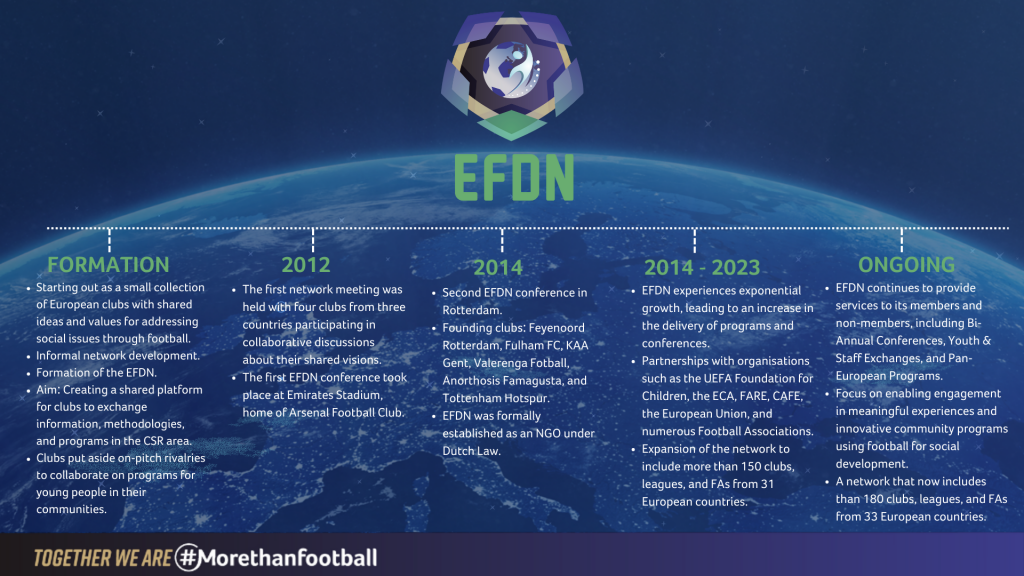
Vission and Mission
EFDN Mission
Connecting, educating, inspiring and empowering our members and partners. This mission is primarily aimed at our members and partners as they are in our direct circle of influence. However, our
products are not exclusive. Being a non-profit organisation, EFDN believes in the power of sharing.
Our best practices are therefore openly sourced available to all interested parties, and as an ambassador for the power of football we promote the use of it as a source of inspiration and education for
all.
EFDN Vision
We want EFDN to be a football network that supports all its people and their communities.
Every professional football organisation in Europe, no matter how big or small, should use the power
of football to play a positive role in their community, bringing people and organisations together
and changing lives positively through football. Ultimately, together we are More than Football.
Values EFDN
In stating these values together with our vision and mission statement,
we want to align all internal and external stakeholders, whether they are EFDN staff, members or
the broader community, around our guiding philosophy. EFDN is led by the following principles in
everything we do:
- Integrity
- Inclusivity
- Transparency
- Responsibility
EFDN currently runs 28 projects, divided over five different strategic pillars. Below, see an outline of these pillars and the projects they entail.
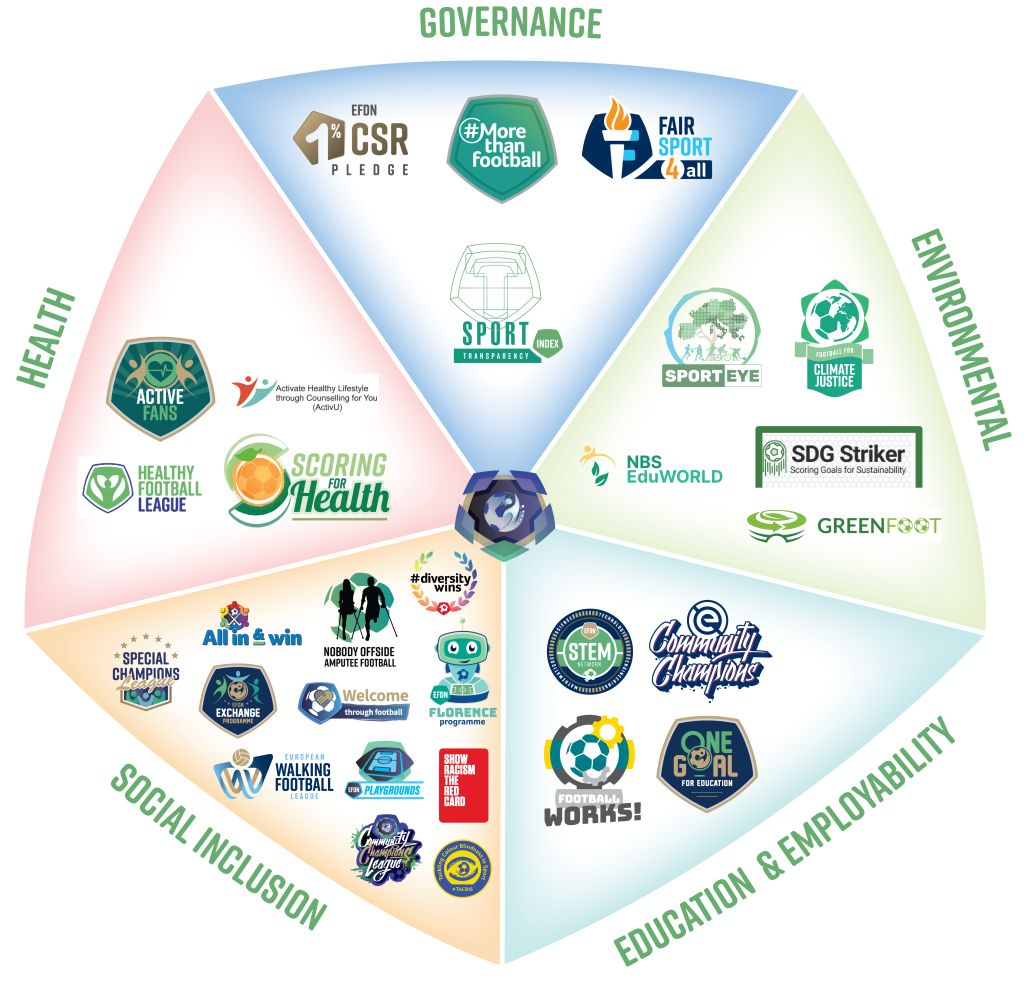
Strategic orientations and objectives
Within 2023-2025, we will continue to focus on the projects we do but based on the outcome of the strategic review by the Task Force, we will also pursue other targets. Therefore, we split the strategic
orientation for the new strategic cycle into four areas.
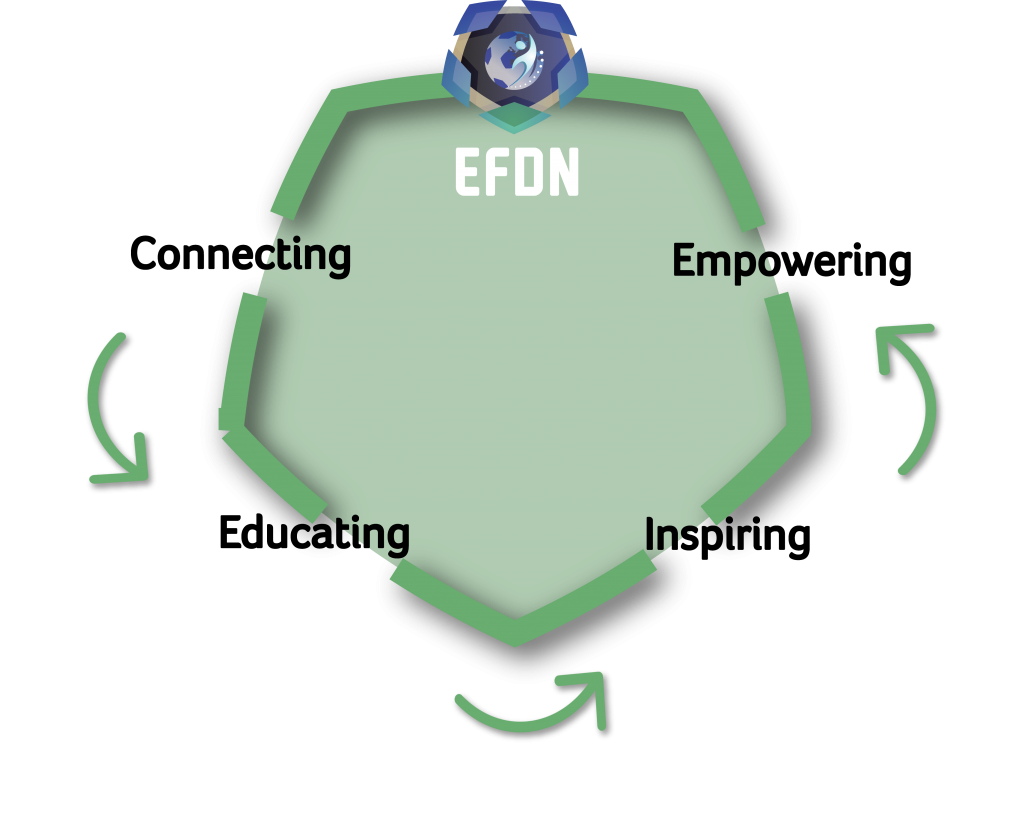
EFDN and the Sustainable Development Goals
The 2030 Agenda for Sustainable Development, adopted by all United Nations Member States in 2015, provides a shared blueprint for peace and prosperity for people and the planet, now and into the future. At its heart are the 17 Sustainable Development Goals (SDGs), which are an urgent call for action by all countries – developed and developing – in a global partnership. We think that sport and football, in particular, can contribute to the achievement of the Sustainable Development Goals. With our current projects and activities, we focus mainly on these 10 goals:
